| Amount Per 1 serving | |||
| Calories | 105 Kcal (440 kJ) | ||
| Calories from fat | 36 Kcal | ||
| % Daily Value* | |||
| Total Fat | 4g | 6% | |
|---|---|---|---|
| Saturated Fat | 2.5g | 13% | |
| Cholesterol | 17mg | 6% | |
| Sodium | 105mg | 4% | |
| Total Carbs | 13.5g | 5% | |
| Sugars | 12.5g | 50% | |
| Protein | 4g | 8% | |
| Vitamin C | 1.5mg | 3% | |
| Vitamin A | 0.1mg | 3% | |
| Iron | 0.2mg | 1% | |
| Calcium | 150mg | 15% | |
* Percent Daily Values are based on a 2000 calorie diet. Your daily values may be higher or lower depending on your calorie needs.
Find out how many calories should you eat.
Ingredients And Nutrition Overview
Best
choice Good
choice Poor
choice Avoid
it!
choice Good
choice Poor
choice Avoid
it!
-
WeightWatchers Points: 2.4, PointsPlus: 3, SmartPoints: 5
WeightWatchers Points are estimated by carbohydrates, fats, protein and fiber in product. They are not an affirmation of better quality or nutritional value of the product or its manufacturer. Only way to count for dieters. Less points are better.
Read more at Weight watchers diet review -
7 tsp of sugars per serving
This includes both naturally occurring and added sugars. According to the USDA, every man woman and child in the US consumes approximately 80 pounds of caloric sweeteners per year! That works out to 25 tsp of sugars per day, or 400 extra calories!
-
For dieters: FoodPoints value is 5
* FoodPoints are calculated by Fooducate based on fats, carbs, fiber, and protein. They are not an endorsement or approval of the product or its manufacturer. The fewer points - the better.
-
Naturally high in calcium
The calcium in this product comes from real food, not as a fortified ingredient. This is important because it means you are getting hundreds of additional nutrients from the real food.
-
Contains Carrageenan!
Carrageenan is an additive made from seaweed. It is used as a thickener in products such as ice cream, jelly, chocolate milk, infant formula, cottage cheese. It is a vegetarian and vegan alternative to gelatin. It has been used for hundreds of years in Ireland and China, but only made headway into modern food processing in the last 50 years. The processing steps after harvesting the seaweed include drying, grounding, filtration, treatment with potassium hydroxide, removal of cellulose by centrifuge, concentration by evaporation, drying, and grounding. Interestingly, the Philippines account for the vast majority of the world supply of carrageenan. In some animal studies, carrageenan was shown to cause intestinal lacerations and tumors. A 2001 meta-study of 45 peer-reviewed studies concluded that carrageenan consumption may result in gastrointestinal malignancy and inflammatory bowel. The FDA has approved carrageenan as safe, basing its decision on industry funded studies. European agencies and the World Health Organization have also deemed carrageenan safe, with the exception of infant formula. The fear is the a baby's gut may be unable to handle the large carrageenan molecules. In some individuals carrageenan may cause intestinal discomfort or worse. ---- Sources: Tobacman JK. Review of harmful gastrointestinal effects of carrageenan in animal experiments. Environ Health Perspect. 2001 Oct;109(10):983-94. Marcus R, Watt J. Seaweeds and ulcerative colitis in laboratory animals. Lancet. 1969 Aug 30;2(7618):489-90. Yang B, Bhattacharyya S, Linhardt R, Tobacman J. Exposure to common food additive carrageenan leads to reduced sulfatase activity and increase in sulfated glycosaminoglycans in human epithelial cells. Biochimie. 2012 Jun;94(6):1309-16. Bhattacharyya S, O-Sullivan I, Katyal S, Unterman T, Tobacman JK. Exposure to the common food additive carrageenan leads to glucose intolerance, insulin resistance and inhibition of insulin signalling in HepG2 cells and C57BL/6J mice. Diabetologia. 2012 Jan;55(1):194-203. Bhattacharyya S, Dudeja PK, Tobacman JK. Tumor necrosis factor alpha-induced inflammation is increased but apoptosis is inhibited by common food additive carrageenan. J Biol Chem. 2010 Dec 10;285(50):39511-22. Bhattacharyya S, Borthakur A, Dudeja PK, Tobacman JK. Carrageenan induces cell cycle arrest in human intestinal epithelial cells in vitro. J Nutr. 2008 Mar;138(3):469-75. Bhattacharyya S, Borthakur A, Dudeja PK, Tobacman JK. Carrageenan reduces bone morphogenetic protein-4 (BMP4) and activates the Wnt/beta-catenin pathway in normal human colonocytes. Dig Dis Sci. 2007 Oct;52(10):2766-74.
-
Learn about flavored milk
Flavored milk contains the equivalent of three teaspoons of added sugar per serving. You wouldn't add three teaspoons of sugar to your child's milk would you?
-
Learn about the problem with choc milk
click on the link to learn why serving your children chocolate milk may do more harm than good
-
Vanillin is fake vanilla
Vanillin is chemically synthesized to taste like vanilla, but it's not the real deal.
-
Learn about Vitamin D, Milk and You
Vitamin D is an important vitamin - it helps us live longer, improves bone health and increases immunity. And it's easy to get - it comes straight from the sun! But the truth is that many people have a hard time getting enough. Vitamin D is not found naturally in many foods. That's why it's supplemented in milk. Fat helps in the absorption of D - keep this in mind if you drink nonfat milk. But is milk a good source of Vitamin D? Not exactly . . . Many studies have found milk contains less Vitamin D than it purports. And you've only got around 20-25% of Vitamin D in fortified milk - you shouldn't drink 4 glasses of a milk a day. If you're having a tough time getting enough D, don't rely solely on milk. Try and include D-rich foods in your diet, or consult with a health professional about taking supplements. You should never self-prescribe D supplements - get your levels tested first because Vitamin D can be toxic. New guidelines released in 2011 recommend 600 IU a day of Vitamin D, with the average requirement of 400 IU. See the link for a detailed chart on calcium and Vitamin D recommendations.
You Might Also Like
% RDI of Main Nutrition Facts
5%
of RDI* (105 calories) 120 g
-
Cal: 5.3 %
-
Fat: 6.2 %
-
Carb: 4.5 %
-
Prot: 8 %
-
0%25%75%RDI norm*
Calories Breakdown
- Carbs (51.9%)
- Fat (33.3%)
- Protein (14.8%)
Get Your Recipe of Health!
Follow RecipeOfHealth on Facebook!



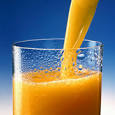
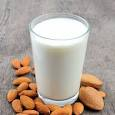
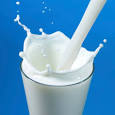

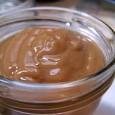
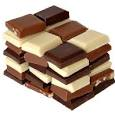
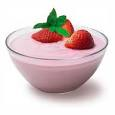


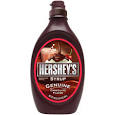
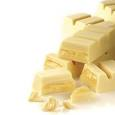


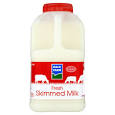
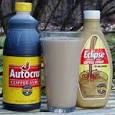
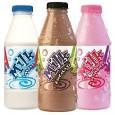
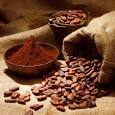

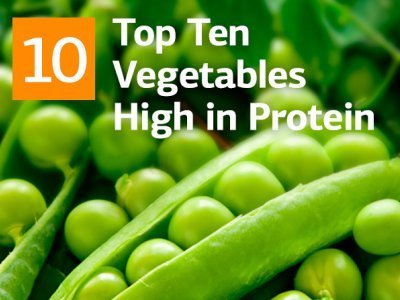

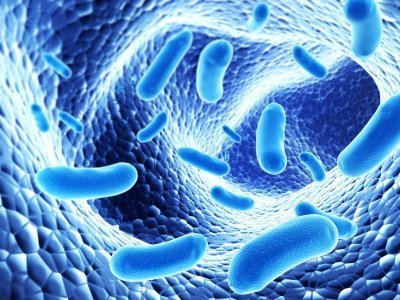


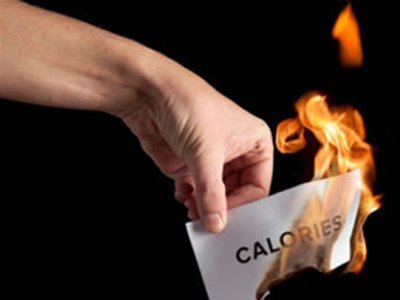
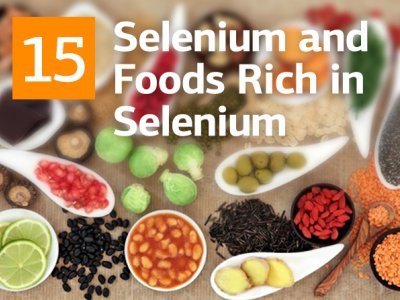
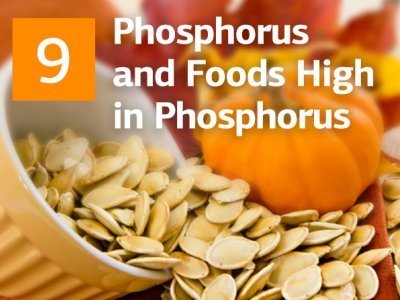
Add your comment